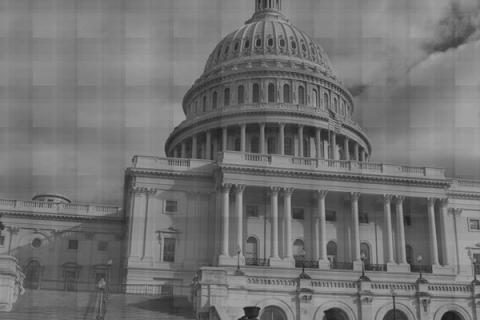Personally, I don't have a problem with marijuana legalization. But, current marijuana users do need to know that their marijuana (or other drugs too) almost certainly comes via Mexican drug cartels and their affiliates, and it is quite literally drenched in blood and corruption.
Since 2006, at least 22,000 people have been killed, often after being tortured, in the raging drug wars just south of the US border. It's not just cartel members who are being killed. Innocent passersby are being slaughtered, children too. The recent execution of 72 migrants from Central America, apparently by the Zetas, is just a particularly hideous example of the ongoing violence. In border towns it is now fairly typical for 10-20 broken, battered bodies to be found in the morning, dumped on streets. Reporters and those who speak about or speak against the violence have been killed or intimidated. The police officer investigating the 72 murders was kidnapped and killed. A mayor was too. For more information, Borderland Beat provides excellent if unsettling coverage of the drug wars in Mexico.
A crackdown on drug cartels by President Calderon may have been the triggering factor in the violence. But it seems like more than that is involved. The cartels are attacking each other. The police and military have been corrupted too. That's why Calderon is now saying that legalization needs to be discussed as it would cripple the cartels as well as providing revenue for the state.
But that's just in Mexico, that's their problem, right? Not really. Several major U.S. financial institutions have paid large fines because they were not doing enough to stop laundering of drug money through their institutions. Perhaps the most egregious was Wachovia, who admitted to somehow not spotting $378.4 billion in such transactions from 2004 to 2007.
"Wachovia's blatant disregard for our banking laws gave international cocaine cartels a virtual carte blanche to finance their operations," said a federal prosecutor. Their director of anti-money laundering operations quit in disgust after being repeatedly ignored by higher-ups. He commented, "If you don't see the correlation between the money laundering by banks and the 22,000 people killed in Mexico, you're missing the point."
Bank of America, HBSC, American Express, and Western Union have also been implicated or paid fines. Here's the maddening part. There have been no criminal indictments. A U.S. Senate investigator and consultant on money laundering believes this is because a criminal indictment could cause panic in the stock markets, adding "There's no capacity to regulate or punish them because they're too big to be threatened with failure. They seem to be willing to do anything that improves their bottom line, until they're caught." And then they get a cost-of-doing-business fine and nothing more.
Do we still have Rule of Law here? Just wondering…
It gets worse.The head of the UN Office on Drugs and Crime said that $352 billion in organized crime money was laundered by financial institutions in late 2008 and that is what kept the global financial system functioning.
In 2001, Portugal decriminalized personal possession of all drugs, including heroin, meth, and cocaine as well as marijuana. They decided to focus on treatment rather than jailing users. The results were that deaths by overdoses and infection by HIV have dropped substantially. Drug usage has also dropped compared with the rest of Europe. That's right, consumption dropped after decriminalization.
California, with its draconian Three Strikes Law focuses entirely on punishment. Contrast that with Utah, which has a drug court that tries to get people off drugs rather than sending them to prison. Sometimes it works. A druggie becomes a law-abiding taxpayer. Everyone benefits from this.
Prohibition doesn't work. The Portugal plan is a major step in the right direction. But for the hold of the cartels to be broken, for the violence and corruption to stop, I suggest that all drugs be completely legalized, including sales, and that it be regulated by the government. Then the madness will end - but not before.

